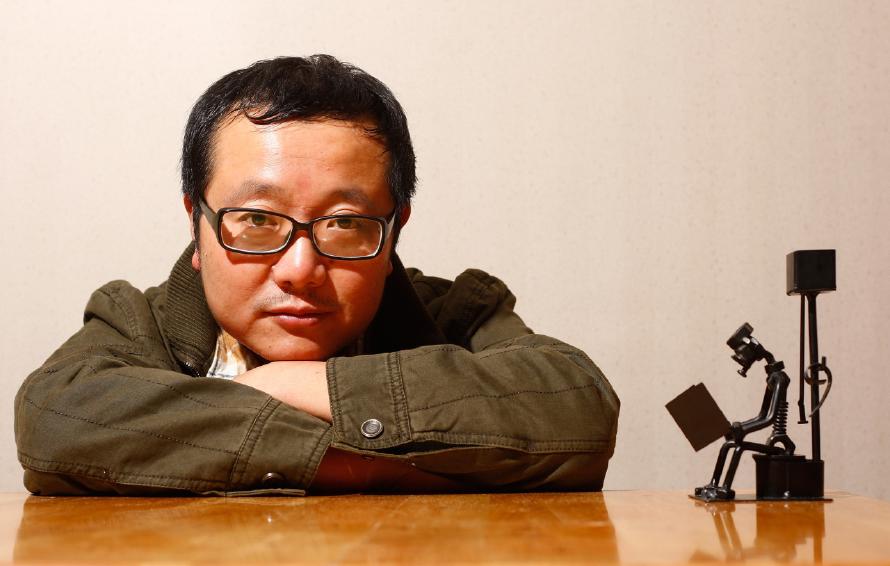“The Three-Body Problem” by Liu Cixin
It’s 1967, and China is in the early stages of the Cultural Revolution. Physics professor Ye Zhetai is publicly killed after he refuses to denounce the theory of relativity. His daughter, Ye Wenjie, witnesses his gruesome death.
Shortly after, she’s sent to a work camp. There, she’s falsely charged with sedition for promoting the works of environmentalist Rachel Carson. Ye is told she can avoid punishment by working at a defense research facility involved in government radio wave research.
More than 40 years later, Ye’s work becomes linked to a string of scientist suicides, and a complex online role-playing game involving the classic three-body problem.
It’s Hard Science Time
The vast majority of the books I’m reading is science fiction, and I generally enjoy myself. I also tend to read books by English-writing authors, because I want to experience the original author’s work, and not the translator’s interpretation. But my Chinese is terrible, so when I set out to read Liu Cixin’s The Three-Body Problem, I had to resort to the English translation by Ken Liu. Thankfully, Liu has done a marvelous job translating The Three-Body Problem1.
The novel will take you on a journey from 1960’s and 70’s China being torn apart by the Cultural Revolution, where science is denounced and intellectuals killed for their views and knowledge, to present day China, a country on the bleeding edge of both theoretical and applied science.
Much like Larry Niven’s Ringworld, The Three-Body Problem dives into some hardcore science. But Liu dives a lot deeper than Niven. He’s not asking you to understand complex equations, but be prepared to try to wrap your head around how multi-dimensional quantum super-computers work. Some reviewers have made a point out of the fact that some aspects of Liu’s perhaps isn’t all that plausible. While that might be the case, please try to remember that you’re reading a science-fiction book. The story doesn’t have to be entirely plausible.

More Where That Came From
The Three Body problem is the first book in Liu Cixin’s Remembrance of Earth’s Past triology. Unfortunately, Liu apparently suffers from the same illness many authors get when they write a book series. The page count of every successive book gradually increase. In Liu’s case, each book in the Remembrance of Earth’s Past triology inflates by about 100 pages. Let’s hope those pages are filled with tangible content, and not just hot air.
You might prefer your hard science fiction to be on the silver screen instead of in books. The good news is that there’s a cinematic adaption of The Three-Body Problem in the works. The bad news is that, from what I can tell, the movie is on indefinite hold at the moment. I can see why, because a proper cinematic adaption of The Three-Body problem feels like a very complicated endevour. I’m not sure how you can convey all the novel’s theoretical science in an understandable way to the average movie buff while keeping them entertained.
If you decide to pick up The Three Body Problem - and you should - don’t read the synopsis. The summary I read spoiled most of the tension Liu Cixin builds up in the first half of the book. The average reader will probably manage to figure out the reason behind the mysteries that make the world’s scientists kill themselves before the author reveals it, but having the synopsis announce the reason even before you’ve read the first page is borderline scandalous.
So don’t read any summaries, or reviews (even this one). Instead, purchase and read The Three Body Problem right now.
It’s not like I’ve read the Chinese language version of the book to compare, though. But English version The Three Body Problem comes across as a well-written novel. ↩︎
Feedback
This post has no feedback yet.
Do you have any thoughts you want to share? A question, maybe? Or is something in this post just plainly wrong? Then please send an e-mail to vegard at vegard dot net with your input. You can also use any of the other points of contact listed on the About page.